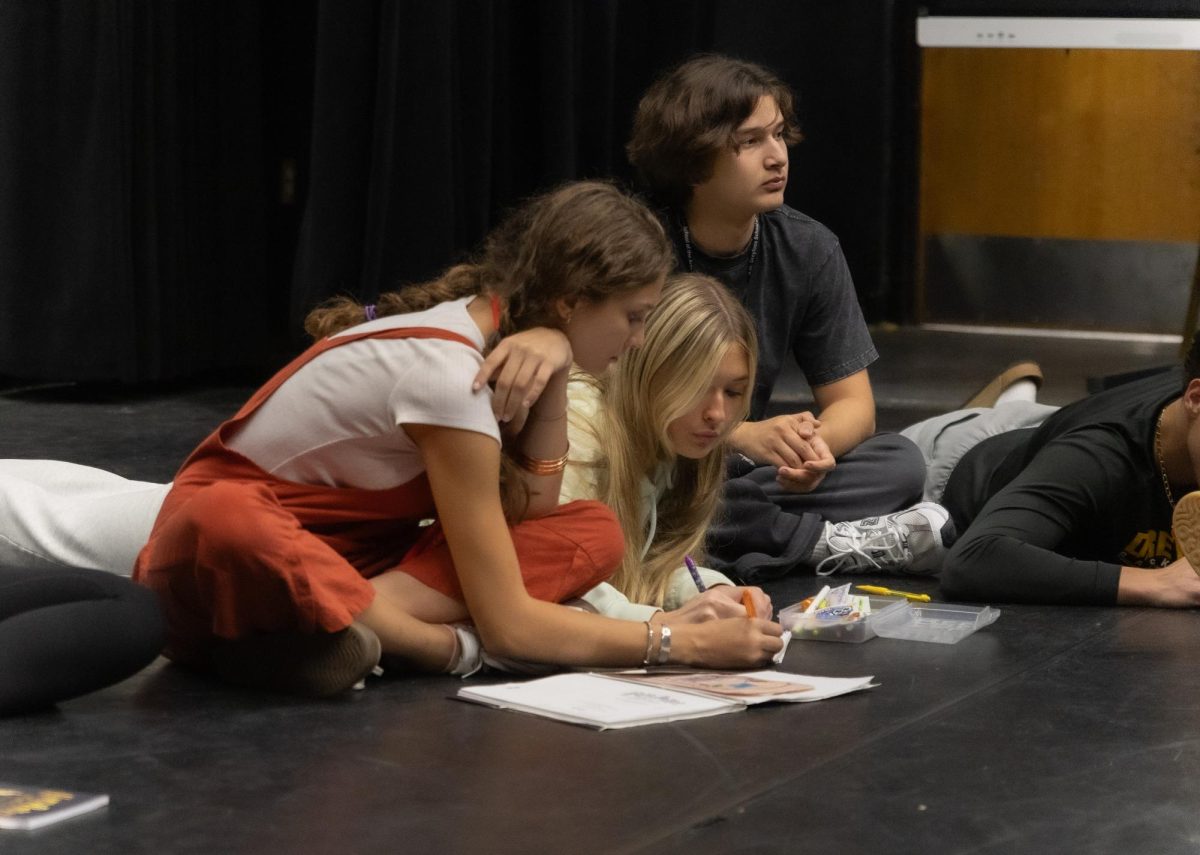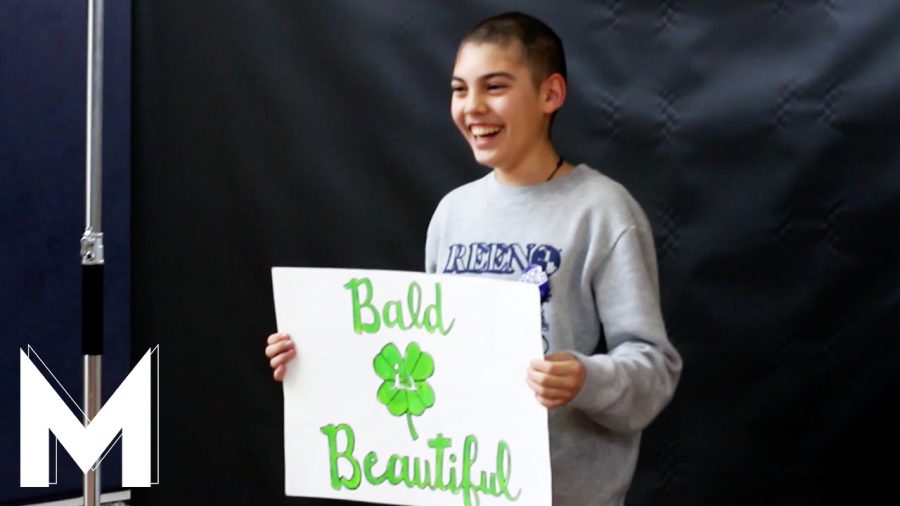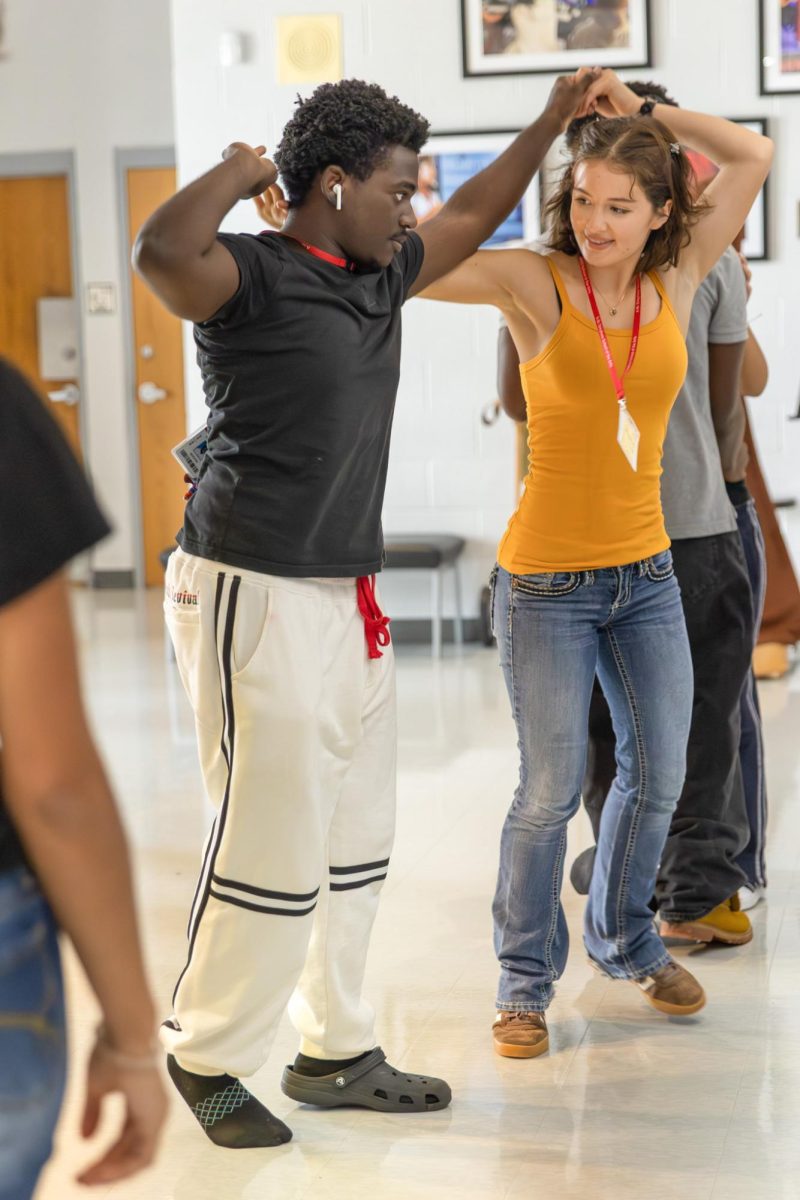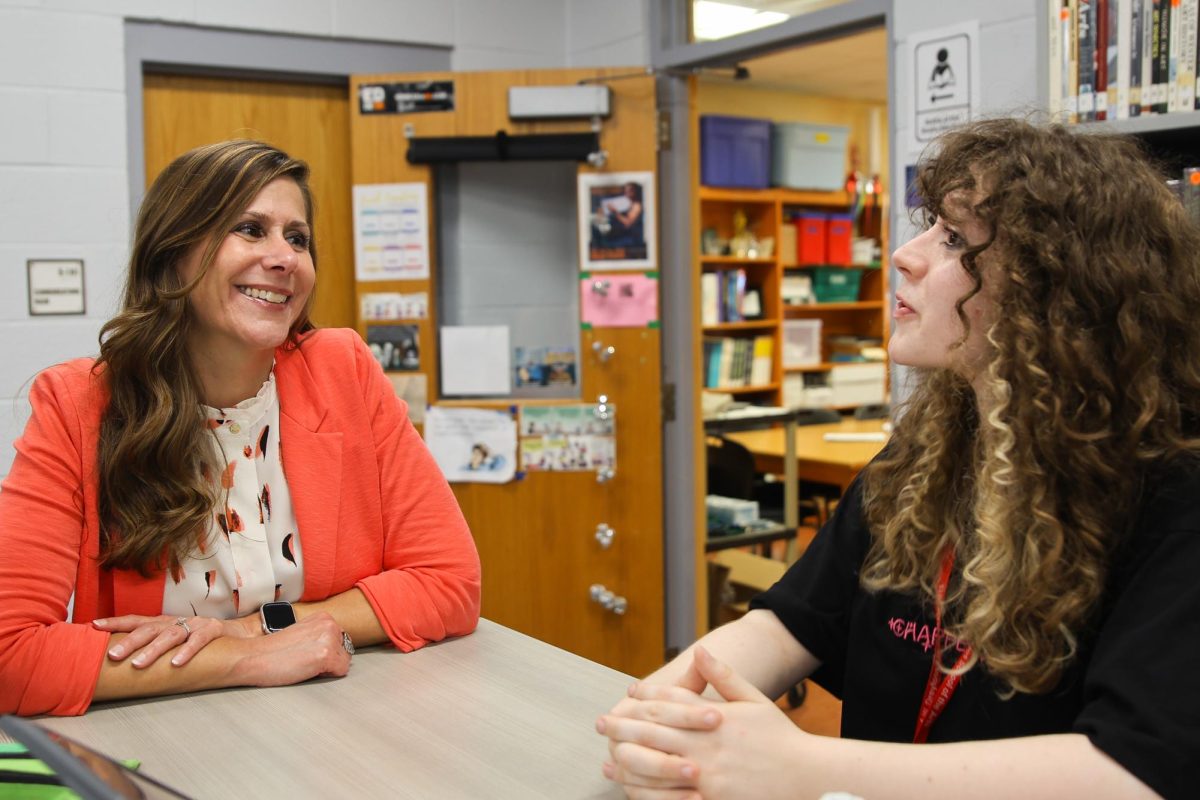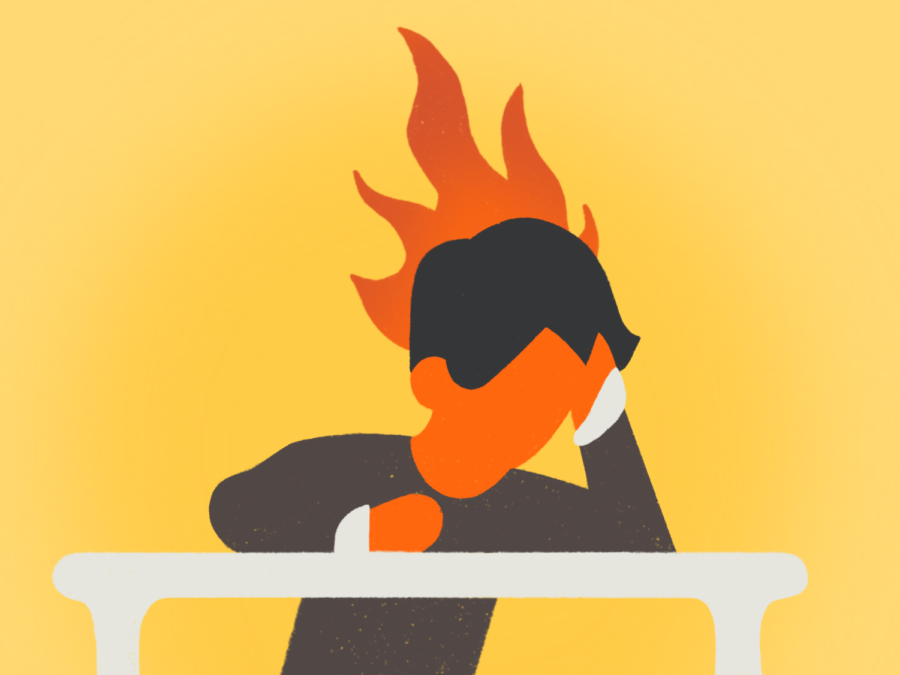Gifted Kid Burnout: More Than a Trend?
Former “gifted” students report loss of drive in high school
Communications freshman Isabella Tickner devoured high school-level books at a young age. She walked into school every day with newfound excitement and “thought it was easy” while still having time to balance the responsibilities of being a fifth grader in gifted-level classes.
“I loved school,” Tickner said. “I thought it was fun. I was happy that I was excelling. It was way more interesting [than it is now] because I understood the material and I liked being told that I was good at it.”
Now that Tickner is in high school, she finds it more difficult to find the fun in going to school every day.
“I can’t reach the standards that I’ve made for myself,” she said. “It’s just really impacting my self-esteem and my mental health.”
Tickner is not alone. For Gen Z kids scrolling through TikTok on a day-to-day (or hour-to-hour) basis, it is nearly impossible to miss the thousands of videos of teens and young adults describing their experiences with “gifted kid burnout.”
For context, these videos refer to kids who were formally placed in the gifted program in elementary or middle school (usually achieved by taking an IQ test), who are now feeling less motivated and as though they “peaked” at younger ages.
“Kids [were] told when they were in elementary school, ‘You’re so smart. You have such a bright future. You are so good at reading,’” theatre sophomore Avery Whitacre said. “As you grow up and you go through the education system in America, you kind of lose your motivation to keep those skills going once people stop telling you [that] you’re so talented once you reach high school.”
As such, kids that are identified as gifted when they are younger are more likely to suffer from anxiety and perfectionism, adult depression, and lower social self-esteem.
“In elementary school … you really just want to hang out with your friends,” communications junior Willow Hackett said. “But once you get to high school, you have to think about ‘Oh, now this matters.’ There’s college and scholarships and you really have to start thinking about your grades … that can be a deficit because if we’re so worried about that and you’re constantly stressing over your grades, [it] can be really damaging to your mental health.”
However, when students get to high school and are thrown into the world of AP classes and college admissions, they often feel inadequate.
This is especially prevalent at Dreyfoos, since so many students excel in numerous areas. Those who felt special in elementary or middle school may have a hard time with self-esteem when they are surrounded by kids that are just as smart or as talented as them.
“I see so many people thriving [and] it’s kind of like, ‘Why aren’t you doing this good?’” Tickner said. “This is what you’re supposed to be doing, you’re supposed to be academically gifted but you can’t keep up with these standards, what’s wrong with you?”
This burnout extends beyond academics as well, with students often feeling they are only one of many talented kids and that they are not special anymore.
“[At] Dreyfoos I was this little tiny fish in a huge talented pond,” Whitacre said. “I was like, ‘I don’t know if I can handle this.’”
Another symptom of “gifted kid burnout” is a loss of past interests. A study by Carole Holahan followed 1,528 children with high IQs over an 80 year period. She found that those who knew of their “gifted” status were less likely to report their accomplishments and experiences as positive. The beginnings of this mindset can be seen in students losing interest in things they were once passionate about.
“I’ve seen a lot of people talk about how when they were in elementary school they used to have high school and beyond reading levels,” Tickner said. “And for me that’s kind of how it was. I used to love reading. I used to be really good at reading. I would read very high level books, and now … [I] can barely understand what’s going on.”
There are ways to break out of the motivation funk and find joy in learning. Breaking out of the perfectionist mindset that gifted kids often possess can make it much easier to enjoy school and life in general. Heidi McBain, a therapist in Texas said that “the perfectionism cycle can leave people feeling burnt out because it is never-ending.”
Instead, adopting a mindset that focuses on growth and accomplishment, rather than one that constantly puts you down for your mistakes, can make the process of learning much more enjoyable.
If a student finds that their workload is overwhelming, they can reach out to a mental health professional or trusted adult for guidance. At school, students can book an appointment with their guidance counselor or the Behavioral Health Professional Rebecca Mroczkowski for help.
Your donation will support the student journalists of Dreyfoos School of the Arts. Your contribution will allow us to purchase equipment and cover our annual website hosting costs.







